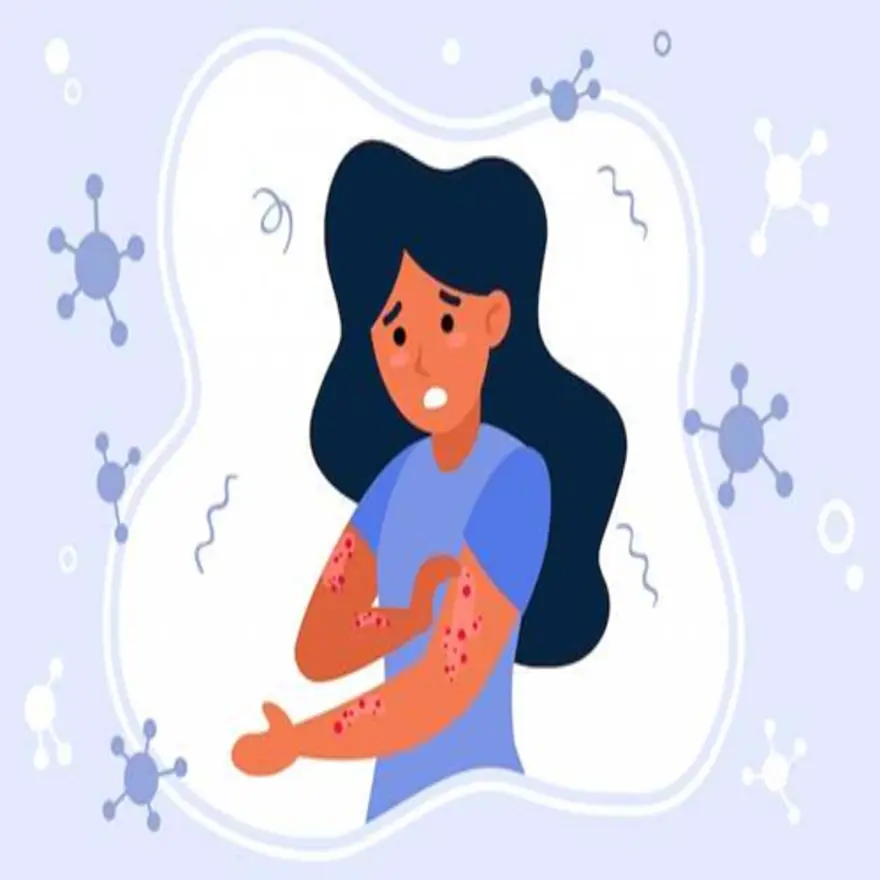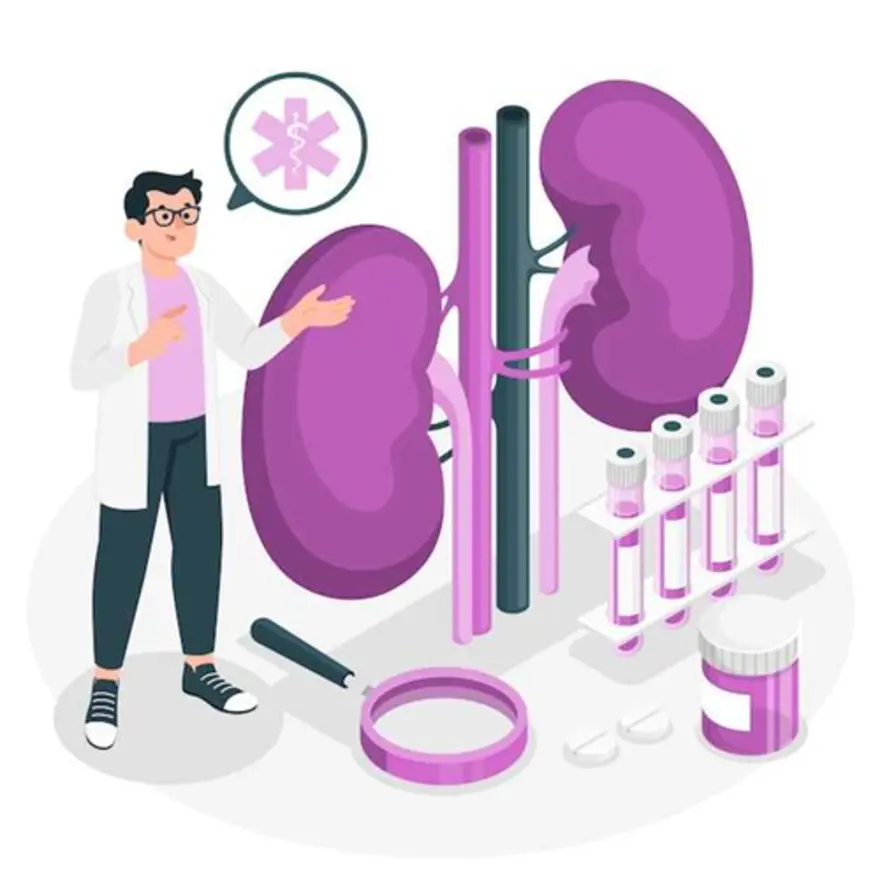Preventive Healthcare
Everything You Need to Know About Depression
8746 Views
0

Major Depressive Disorder or Clinical Depression
According to the World Health Organisation (WHO), depression is a common mental health issue. It is estimated that 5% of adults suffer from it globally. Without management, the condition may get worse and last for a long time.
In severe cases, it can lead to the development of conditions where the person may cause self-harm or even suicide. However, you need not worry about depression. There are proper management strategies available to cope with the symptoms associated with depression.
Here are some facts which you should be aware of for better dealing with the situation related to depression.
Everything You Need To Know About Depression
Depression is a mood disorder. It negatively affects one’s mental health. It impacts how
you think, feel, and act consequently disturbing normal routine activities. It can lead to
several emotional and physical complications in an individual.
During any adverse life condition, it is normal to have a feeling of sadness or grief, such as losing someone very close to you, losing a job or business etc. However, depression is different from these emotions. Depression can be identified if the symptoms persist every day for at least fifteen days and involve other signs along with sadness.
Symptoms of Depression
Depression affects people of all ages. Prevalence of depression is found to be more common in women than in men. Children, teenagers and older individuals also suffer from these problems.
Symptoms can range from mild to severe. Some common symptoms are enlisted below:
- Feelings of unhappiness, emptiness, tearfulness, hopelessness etc. without a clear reason.
- Loss of interest in normal activities which you previously enjoyed doing.
- Frustration, irritability, angriness even over small things.
- Feeling anxious, restless and worthless.
- Sleep disturbances, either loss of sleep or sleeping too much.
- Feeling fatigued.
- Ache, pains, cramps, and digestive problems without a specific cause that don't lessen even after treatment.
- Difficulty thinking, concentrating or decision-making.
- Frequent or recurrent thoughts of death, suicidal thoughts, suicide attempts or suicide.
In the case of children and teenagers, symptoms may include:
- Feeling negative, sad, worried, angry, irritated, and in pain.
- At the time they refused to go to school.
- They eat or sleep too much than usual.
- Occasionally they become extremely sensitive and avoid social interactions.
- Self-harm and attempt to suicide.
In the case of adults, symptoms may include:
- Personality changes and memory problems
- Body aches, fatigue, loss of appetite, sleep difficulties and loss of interest in sex
- Social cut off
- Suicidal thoughts or feelings
Risk Factors of Depression
Depression can impact anyone at any stage of life. Several factors are responsible to cause depression are:
- Personal or family history of depression (genetic).
- Significant life changes, stress or trauma.
- Biochemical alterations in the brain.
- In older individuals, depression can occur with other serious medical ailments, such as diabetes, menopause (specifically in females), cancer, heart problems, and chronic diseases.
- Staying alone specifically in older adults.
- Research suggests that in people who are suffering from depression if investigated with other medical conditions then the condition gets worsen.
- Low self-esteem or a pessimistic point of view towards life is more prone towards depression.
- An individual who has continuous exposure to violence, abuse, stress or poverty are more susceptible to depression.
- Suffering from chronic pain.
- Regular consumption of some recreational substances, such as alcohol and drugs.
Management of Depression
Depression is one of the most treatable mental health issues. Above 80% of people having depression who take treatment sooner or later respond positively to the treatment. Nearly all the patients show some relief from their symptoms after treatment. Treatment options can be categorized as follows:
1. Psychotherapy
Psychotherapy is used to treat mild depression. However, in the case of moderate to severe depression, it is used along with medications. It is based on treating the patients by talking.
Here, the therapist helps the patients to identify the negative emotions and thoughts in them and try to improve their thoughts and behaviours to respond to challenges positively. Out of different psychotherapy, cognitive behavioural therapy (CBT) is the most common and effective to treat depression.
2. Medication
Anti-depressants are the prescribed medicine. They can help to change the brain chemistry responsible for causing depression. It should be taken under the proper medical supervision for the prescribed period. Medications may produce some recovery within the first week or two of use or sometimes full benefits may not be seen for two to three months.
Medications are generally recommended for six or more months for patients having symptoms of depression. Long-term treatment may be recommended to decrease the future risk for specific people who are at high risk.
3. Complementary Medicine
Individuals having mild depression can improve their symptoms with therapies such as massage, acupuncture, hypnosis and biofeedback. These can also be taken along with medications.
4. Brain Stimulation Therapy
Brain stimulation therapy can help individuals who have severe depression and have not responded to other treatments. Electroconvulsive therapy (ECT) is the most common among all the three.
It involves a brief electrical stimulation of the brain while the patient is under anaesthesia. It is usually managed by a team of trained medical professionals including a psychiatrist. It is reported to be an effective treatment strategy for curing depression.
5. Self-Help and Coping Strategy
Positive coping is one of the important and successful strategies to deal with any negative situation. Regular exercise helps to create a positive feeling and enhances mood. Getting quality sleep, eating a healthy diet and avoiding alcohol regularly, spending time with children and loved ones can help to reduce symptoms of depression.
Conclusion
Depression is prevalent as a major illness. But help is available. With proper diagnosis and management, you can overcome it easily. If you are suffering from depression, then consult the psychiatrist immediately. Talk about your concerns and request a careful evaluation.
Metropolis Healthcare is a leading pathology lab and diagnostic centre. It can provide a perfect solution to your problem. It has a multinational network, a comprehensive range of 4000+ clinical laboratory tests and profiles, with senior pathologists for diagnostic solutions. They provide online tracking and report collection facility with convenient stay-at-home blood collection services.























 WhatsApp
WhatsApp